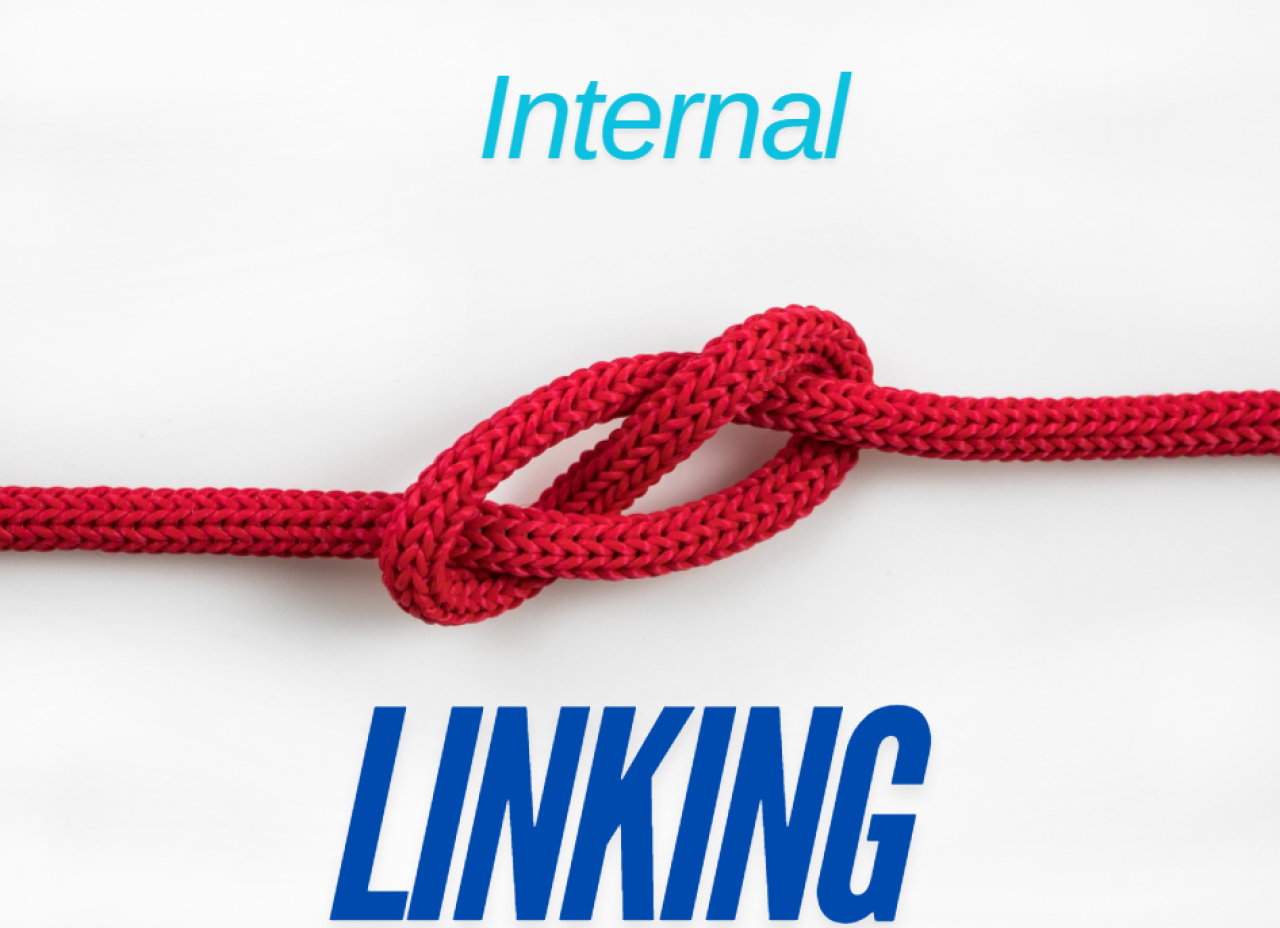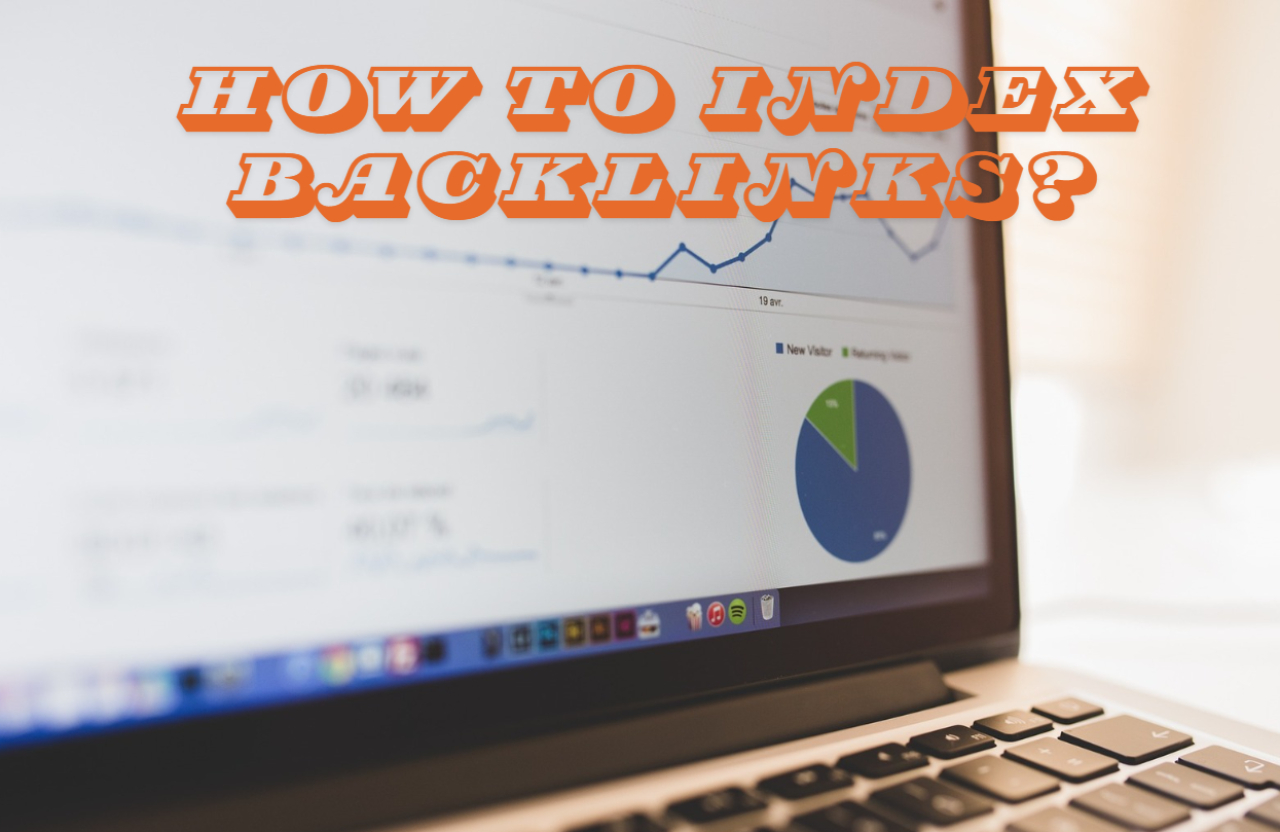How to Legally Publish Client-Provided Graphics
Written by SylwesterComprehensive Guide to Internal Linking in SEO
Written by SylwesterExternal links from trusted websites with high authority are essential to SEO strategy. However, many website owners and webmasters overlook the equally important internal linking, which also influences site ranking and structure. Although problematic internal links can pose challenges when restructuring a site, proper use of this technique can yield significant SEO benefits. Internal linking is one of the most effective on-page strategies, enhancing the experience for both search engines and users.
In SEO, unnatural anchor text distribution is a significant red flag, alerting search engines to potential manipulative practices. Such a pattern can lead to serious consequences, including a drop in site rankings or even complete removal from search results. Anchor text distribution, or the balance of clickable link texts, is therefore a key component in building a sound link profile.
Backlinks are an essential component of SEO, helping websites improve their rankings in search results. To benefit from them, backlinks must be properly indexed by Google. If they are not indexed, they offer no value in terms of page ranking. Therefore, learning how to index backlinks quickly and effectively is crucial for SEO success.
In today's digital age, content and its quality play a crucial role in determining the success of a website. Search engines are now paying more attention to content than ever before. So, how can you ensure that your content is SEO approved and stands out from the crowd?
Internal linking, also known as internal linking, refers to the practice of creating hyperlinks between different pages within the same website. It involves creating links that lead from one page to another internal page on the same domain. The main purpose of internal linking is to facilitate user navigation on the website, allowing them to discover related and interesting content, and improving the structure and hierarchy of the website. This practice has several benefits, both for users and search engine optimization (SEO).
There are several benefits to including links to our website on the internet. Here are some of the key reasons why it is worthwhile to engage in website link building:
Link building is the process of acquiring hyperlinks from other websites to your own website. It is an essential aspect of search engine optimization (SEO) and plays a significant role in determining a website's visibility and authority in search engine rankings. Search engines like Google consider links as a signal of trust and authority. When reputable websites link to your site, it indicates to search engines that your content is valuable and relevant. As a result, your website is more likely to rank higher in search engine results pages (SERPs).
7 Writing Tips to Make Your Blog Engaging and Captivating
Written by SylwesterIn today's digital age, where the number of blogs exceeds 600 million, it's crucial to make your blog stand out and capture the attention of readers. With 70% of Internet users actively reading blogs, it becomes increasingly important to implement effective writing techniques to keep your audience engaged. This article will provide you with seven valuable tips that respected bloggers and successful blogs use to create interesting and captivating content.









